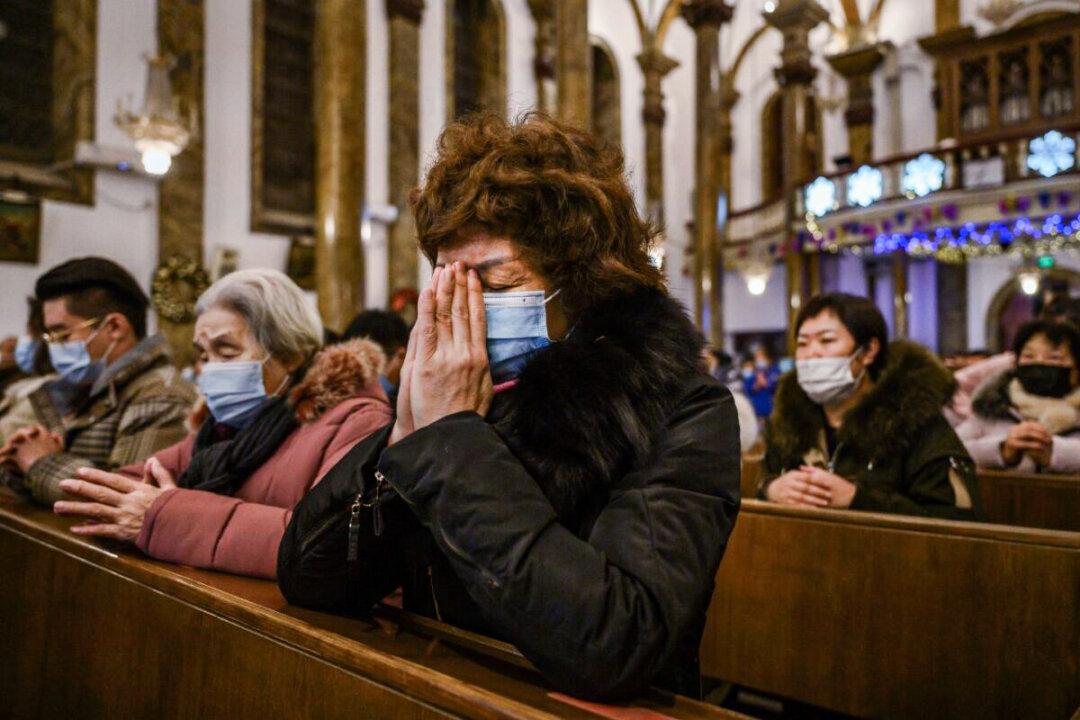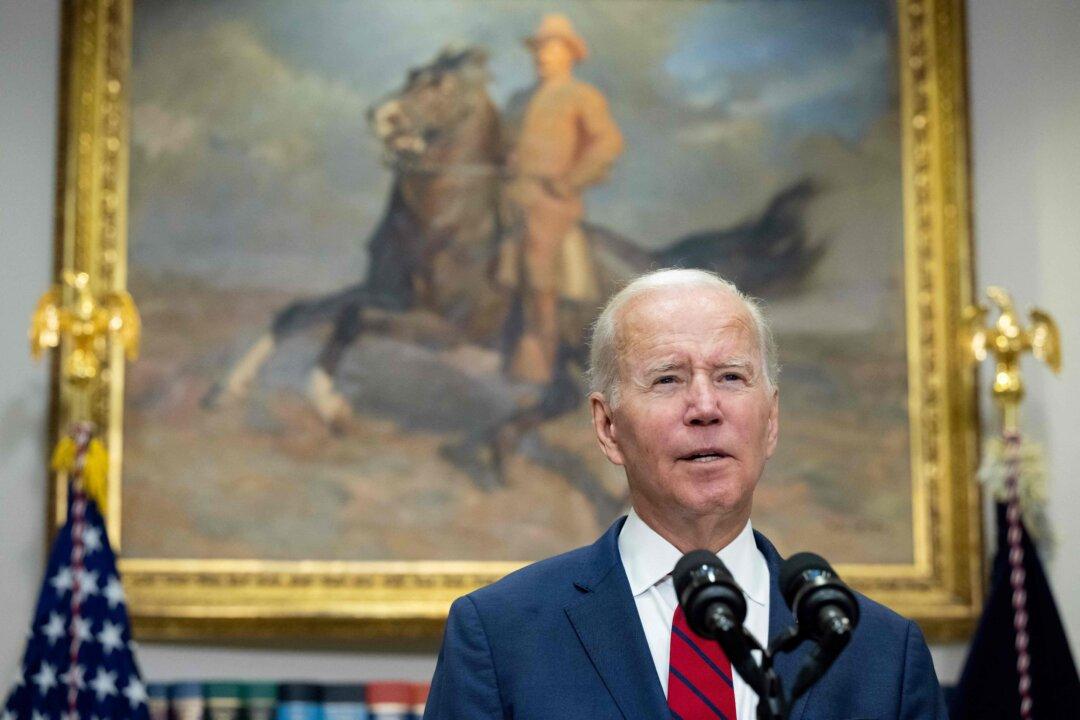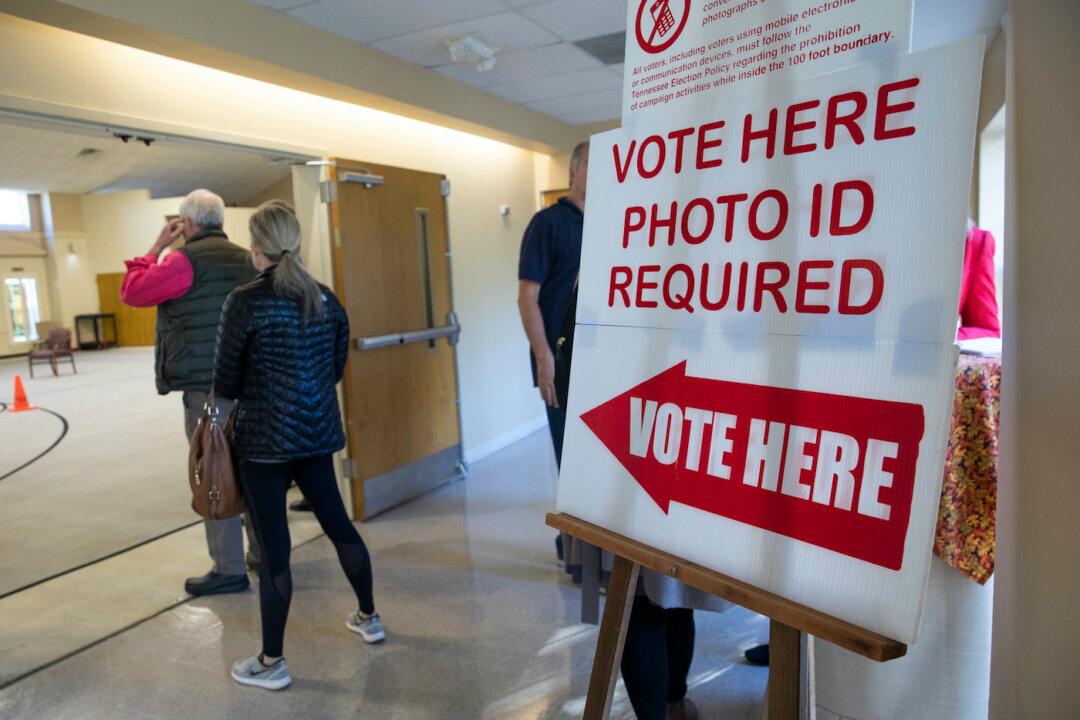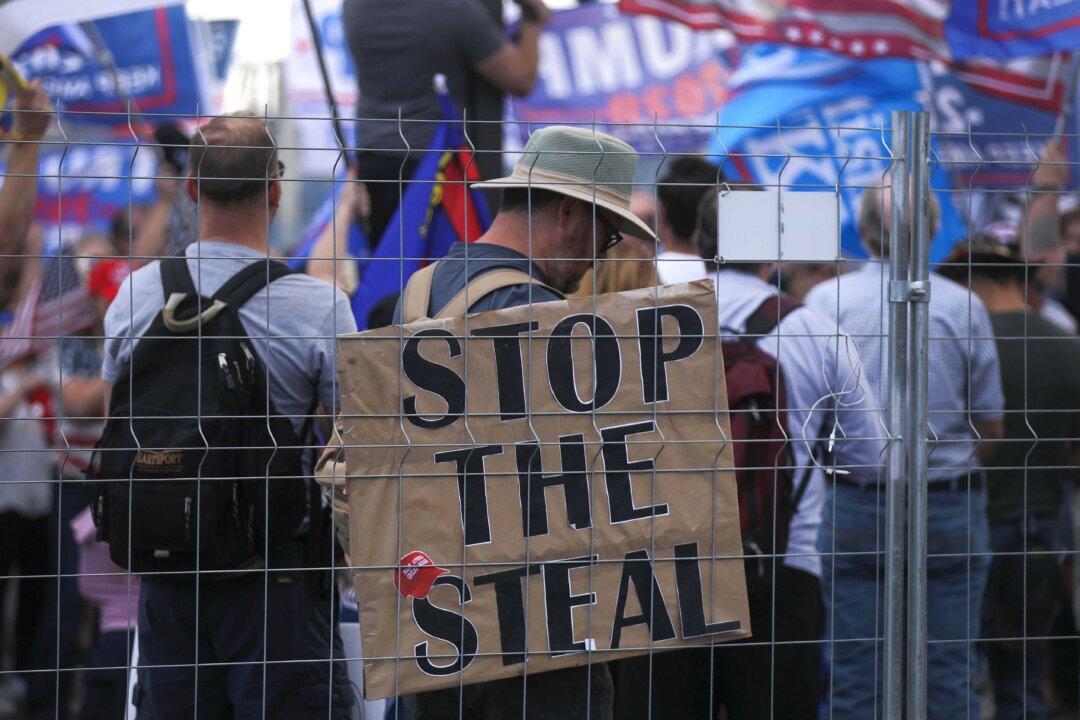It’s Christmastime in the People’s Republic of China, a season for shopping, taking pictures with Santa, and giving gift-wrapped apples to friends.
Christmas is widely celebrated in China, but not as a religious holiday, or even as a day off from work. It’s similar to St. Patrick’s Day in America—a fun day with its own special traditions and decorations. For many young people in China, Christmas is also a romantic holiday, a lot like Valentine’s Day.
Chinese shopping centers are decorated for the season, with all the Christmas trees, twinkling lights, and Christmas carols that Americans would find familiar.
But for China’s Christians, this season may be a little less festive, as they find themselves ever more limited in their ability to practice their faith. This year many will find themselves reliving an ancient Christian tradition: meeting in secret, in fear of government persecution.
“The situation of Christians in China has gotten worse in 2021,” Reverend F. Jonathan Liu of the New York-based Chinese Christian Fellowship of Righteousness told The Epoch Times. “The Chinese government increasingly controls the activities of Christian churches,” he said, “by using its actions for controlling the pandemic.”
Christianity in China
Christianity isn’t new in China—it was first spread by Jesuit missionaries in the 16th Century. The Chinese regime reports 44 million Chinese Christians, about 3 percent of the population, though there may be many more uncounted.The modern history of Christianity in China begins in the 1920s with evangelist Ni Tuosheng, organizer of hundreds of small churches and Bible study groups, and publisher of books explaining the Bible to Chinese people. After the communist takeover, Ni was arrested and spent the last 20 years of his life in prison.
Persecution by the CCP
“There has been an increase in raids and harassment on individual Christians and families,” states the report. “Thousands of churches have been damaged or destroyed, some confiscated, in a campaign that has spread to almost every region of the country. Meanwhile, new laws regulating religion … continue to be more strictly implemented.”In 2016, ChinaAid documented the death of Ding Cuimei, a Christian woman buried alive while defending her church from demolition. In 2020, the report exposed the demolition of Donghu Church, a government-approved church, at 8:30 a.m. on Easter Sunday—for alleged construction code violations. According to ChinaAid founder Bob Fu, “these cases represent only a small portion of the religious persecution occurring throughout China.”
Religious expression, like nearly every aspect of life in China, is controlled by the Communist Party.
Under communist rule, Chinese Christians may only join churches that are registered and supervised by one of three government authorities: The Chinese Patriotic Catholic Church, the China Christian Council, or the Three-Self Church. These organizations are directly controlled by the United Front Work Department of the Chinese Communist Party, a powerful organ responsible for co-opting or neutralizing threats to the Party domestically and abroad.
Faced with CCP control over their religion, many Chinese Christians have chosen to worship in small, unregistered congregations. It is these “house churches” that are the target of most of the police raids, arrests, and demolitions.
Christians in Danger
According to Liu, things are about to get even more restrictive. “The ‘Internet Religious Information Service Management Measures’ will be implemented on March 1, 2022,” he said. “This law prohibits any organization or individual from holding religious activities online, and even religious content is prohibited from being reposted. This will further stifle the space for religious activities.”“The situation for Christians has deteriorated all over the country,” states the Open Doors report. “There are reports that citizens are being financially rewarded for disclosing information on Christians and other minorities to the authorities. This reflects the determination of the Communist Party to exert its control over all areas of life.”
Christians are in danger even in Hong Kong, said Liu. “Religious freedom in Hong Kong has been severely compressed under the so-called National Security Law,” he said, referring to legislation imposed by Beijing in June 2020 that significantly curtailed the freedom of speech and association in the city.
“Many pastors who support Hong Kong’s democratic movement have fled to exile in Taiwan or other countries, while the patriotic religious organizations continue to expand their activities.”
“I think that soon Hong Kong will speak more like mainland China,” he said, “and so will its religious organizations. Even Hong Kong will suppress Falun Gong and any other religious organizations that have been named ‘cults’ by the Chinese Communist Party.”
Already well-known for defending activists, Falun Gong practitioners, and speaking against human rights abuses, in 2006 Gao published his book, “A China More Just”, renounced his membership in the Communist Party, and called for a boycott of the 2008 Beijing Olympics.
Gao was imprisoned for years, and when released he reported being severely tortured by the Chinese secret police. In August 2017 Gao disappeared, and his whereabouts are still unknown.





